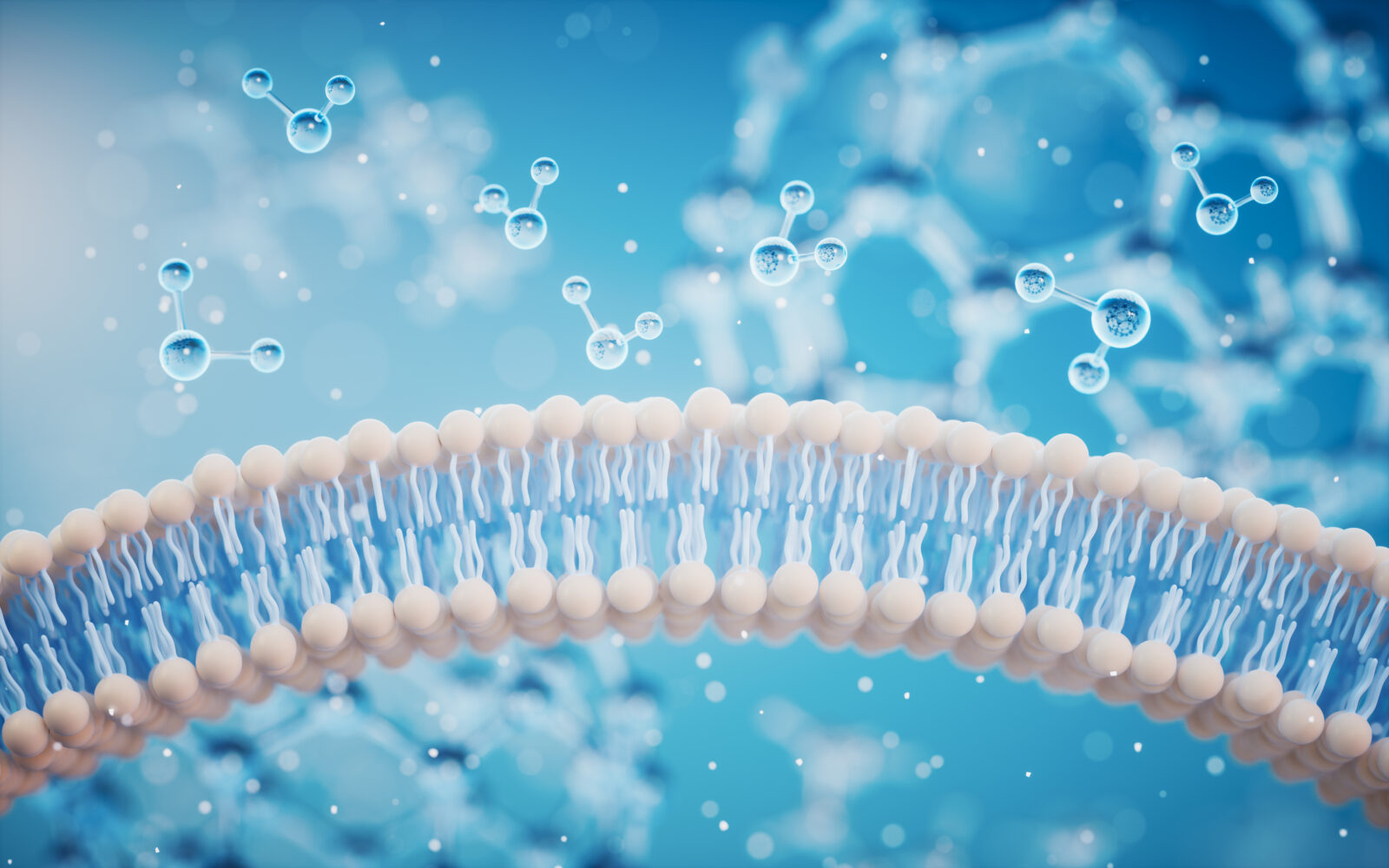


How We Balance Water and Sodium to Maintain Life

More from Casey Luskin on Our Intelligently Designed Planet—Plus Q&A
Today’s ID the Future continues geologist Casey Luskin’s presentation about how Earth is fine tuned in numerous ways for life, a talk he gave at the 2022 Dallas Conference on Science and Faith. Here in the second half, he highlights the many ways Earth’s precise mix of atmospheric gases is strikingly fit for life. On top of that (or rather, beneath that), Earth’s active geology and water-rich surface—unique in our solar system—are masterful at helping maintain our life-friendly atmosphere over long ages. Luskin argues that these and other finely tuned characteristics of planet Earth strongly suggest intelligent design. He then offers an additional design argument, this one aesthetic in nature, and then takes questions from the audience. Part 1 of his talk is here.

The Miracle of Man: Fine Tuning for Blood and Breath
In Part 3 of The Miracle of Man interview with author Michael Denton, the Australian biologist and MD explores with host Eric Anderson some of the bioengineering marvels of the human lung and, more fundamentally, some of the many things about chemistry, the sun, and planet Earth that had to be just so to allow our respiratory and circulatory systems to work—not merely as well as they do but at all. It’s fine tuning for creatures very much like ourselves, what Denton terms The Miracle of Man. “Denton provides the a scientific underpinning for a theistic real humanism far beyond the nihilistic implications of so-called secular humanism,” writes German paleontologist Günter Bechly. “The book deserves to become a game changer that will spark a new enlightenment and re-enchantment of the cosmos in the twenty-first century.” The new book is available at Amazon and other online retailers.

Michael Denton: The Miracle of Man Rests on a Primal Blueprint
This ID the Future continues Miracle of Man author Michael Denton’s conversation with host Eric Anderson about his latest book. The focus of this capstone work in his Privileged Species series is, as the subtitle explains, The Fine-Tuning of Nature for Human Existence. Here Denton and Anderson dive deeper into the book’s argument that science has uncovered multiple ensembles of fitness for creatures much like ourselves—land-going, airbreathing, intelligent bipeds capable of controlling fire and developing new technologies. In other words, it’s not just a handful of things about nature that appear fine tuned for our existence. It’s a long list of things, and indeed, a long list of interdependent ensembles of prior fitness—what Denton sometimes refers to as a “primal blueprint.” Internationally distinguished chemist Marcos Eberlin describes the new book as “marvelous… an epic journey through a stunning landscape of scientific discovery… most convicting.” Get your copy here.

Michael Denton and the Fine Tuning of Chemistry for Life
On this ID the Future, biochemist Michael Denton draws from his groundbreaking new book, The Miracle of the Cell, to explore a fine-tuning design argument centered on the periodic elements essential for life. Twenty elements—and water, too—appear to have been precisely fine-tuned in advance for highly specific biochemical roles. Without their precise properties, cellular and animal life would be impossible. “Words fail,” says Denton, to describe the “almost eerie sense” that someone very powerful knew in advance the roles and capacities required of various elements to carry out the astonishingly sophisticated activities that make cellular life possible. Denton says that this fine tuning provides an independent line of evidence that life is the result of intelligent design.

Michael Denton: Remarkable Coincidences in Photosynthesis
On this episode of ID the Future from the vault, we listen in on a few minutes from a lecture given by Australian biochemist Michael Denton, author of the brand new book The Miracle of the Cell. In this segment, Denton explains the “remarkable set of coincidences” that makes the creation of oxygen through photosynthesis possible. From the specific energy of visible light to the unique properties of water, this degree of fine tuning for life shouts intelligent design.

Dr. Michael Denton on Evidence of Fine-Tuning in the Universe
On this year 2012 episode of ID the Future from the vault, Australian biochemist Michael Denton discusses various ways the universe is uniquely fit for carbon-based life, and perhaps even human life. Denton argues that when it comes to evidence of fine-tuning in the universe, the more you look, the more you find. Tune in to discover what he has found that has led him to the inference that our world is intelligently designed. Denton is author of the new book The Miracle of the Cell, where he brings his fine-tuning arguments up to date with a fascinating dive into the extraordinary fine tuning of the chemical elements of life.
Marcos Eberlin: For Water, Lightning and a Living Planet, Just Add Foresight
On this episode of ID the Future, biologist Jonathan Wells speaks again with distinguished Brazilian scientist Marcos Eberlin about Eberlin’s new book Foresight: How the Chemistry of Life Reveals Planning and Purpose.
Read More ›
How Water’s Chemistry Helps Make Life on Earth Possible
On this episode of ID The Future, we bring you a clip from the documentary Privileged Species a clip arguing that water possesses many unique properties that appear finely tuned to allow for life on Earth. The excerpt dips a toe into what biologist Michael Denton explores in much greater depth in his latest book, The Wonder of Water.
Read More ›